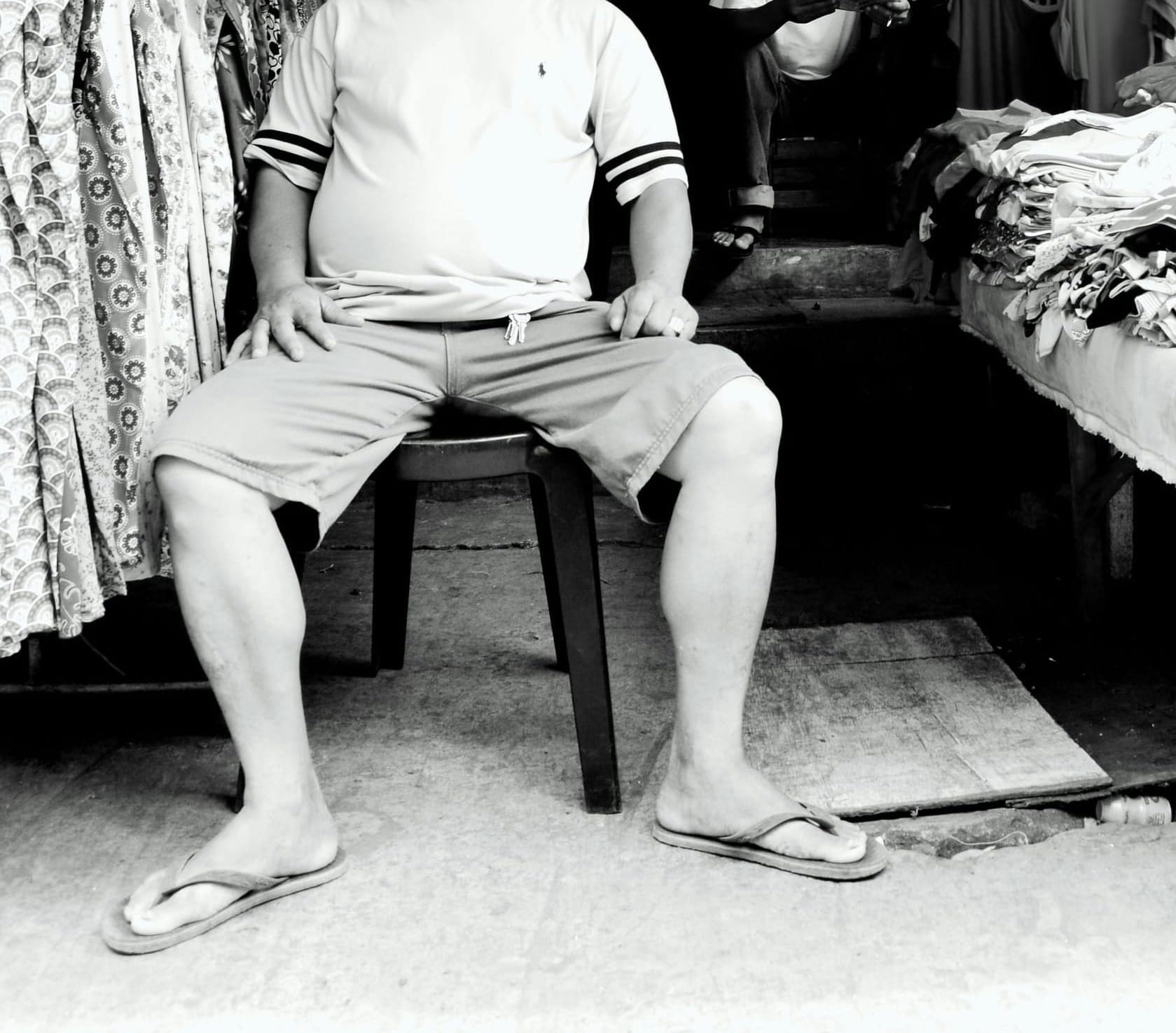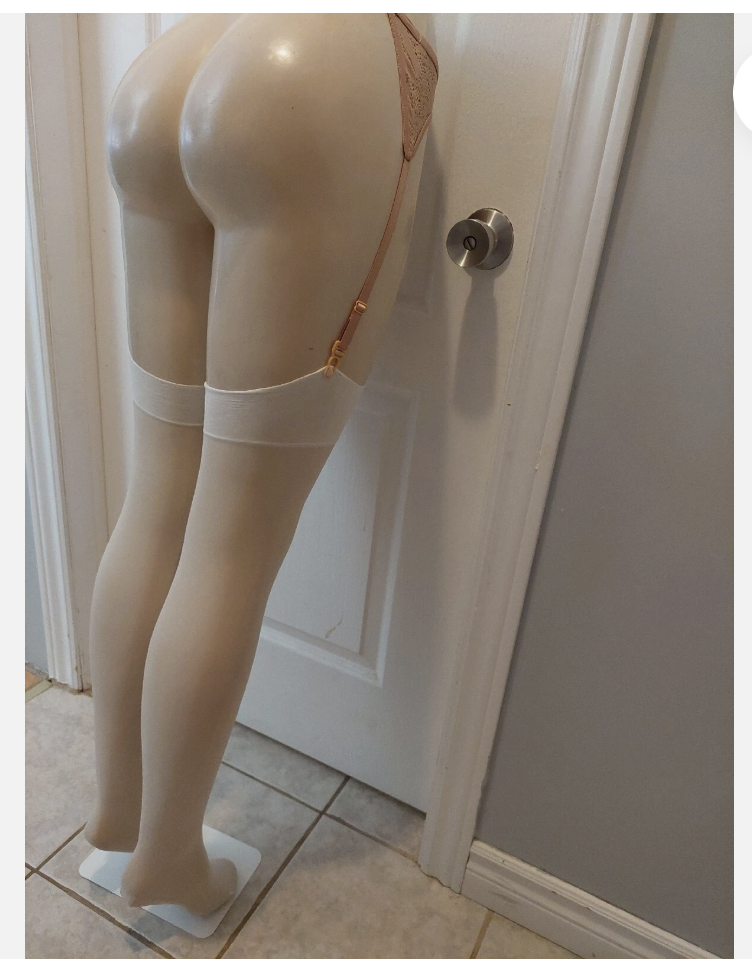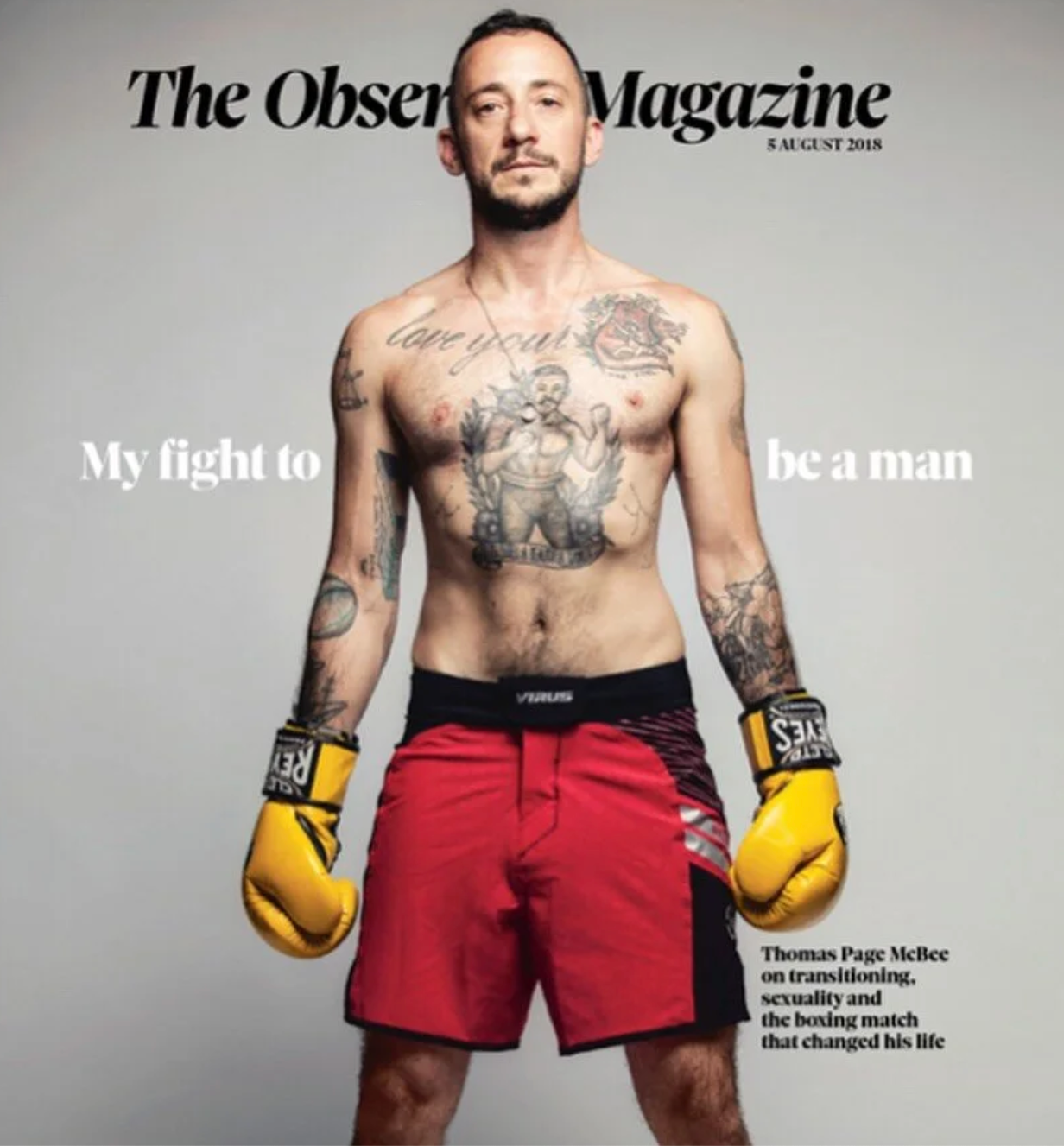Euphoria All Around
Essays on joy in gender transition lead me to think cis people experience gender euphoria, and dysphoria. If so, it’s a path to empathy

I just finished Gender Euphoria, a collection of essays by 15 trans, nonbinary, and intersex people about the bliss they feel in transition. I grabbed the book when I saw it on a Pride display at the local library. It was the vacation I didn’t know I needed.
Gender Defiant is reader-supported. To support our work telling the real, lived stories beneath the lies being shouted for political gain, please consider becoming a free or paid subscriber.
Whether you have a trans child or are just curious to learn more about being trans, who among us couldn’t use a shot of joy right now on the subject? Every night before sleep, I would read about a moment of confidence or happiness by a genderqueer writer. This bedtime routine was an antidote to the current trans panic and a good companion to my parenting, as I spend a lot of my time fighting for my child’s right to simply exist.
The hard stories get loads of air time. The delight, not so much.
Prom King
I read about Oliver Jones, who claimed masculinity in high school despite transphobic aggression from teachers and peers. In the end, Jones’s whole class, in an astonishing gesture of love and recognition, elects him Prom King. Writer Mia Violet describes hopping up and down excitedly in a dressing room the moment she overcomes her internalized transphobia, puts on a flowered bridesmaid dress, and beholds herself.
Laura Kate Dale, who also edited the collection, grew up longing for a girly slumber party, talking about feelings, sharing snacks, doing makeup. But a boy sleeping at a girl’s house was unacceptable. Dale’s story is about attending an anime convention in her later teens and staying up all night sewing costumes with a group of girls in a hotel room. She writes: “It was one of my first times feeling validated as part of a female friendship, and an early taste of gender euphoria.”
Will you support Gender Defiant with a paid subscription?
“It was one of my first times feeling validated as part of a female friendship, and an early taste of gender euphoria.”
The contributors are mostly young adults in their 20s and 30s. So for me, the book lifts up the promise of gender euphoria for my 18-year-old daughter, whether through clothes and style, love and sex, or becoming a parent someday.
The dead
After I finished reading, I wondered whether I, a cis person, experience gender euphoria.
The book defines gender euphoria as a powerful feeling of happiness experienced as a result of moving away from one's birth-assigned gender. I have not made that journey, and I absolutely don’t want to take away from trans gender euphoria, which, as the essays show, involves freeing oneself from transphobic gender dictates, whether internal or external.
No one has ever misgendered me or stopped me at a border. If I play with gender in my style, wearing menswear tailoring, it makes me look more feminine. I enjoy that. So as someone whose assigned gender more or less aligns with my inner, felt gender, is my relationship with my gender simply... frictionless? Easy to get along with, not messy, not demanding—like a low-maintenance travel companion, or a pet?
As I sat with the question, images from my past came back that do feel gender-euphoric.

Here is small one: wearing a floaty, cropped shirt on a spring day, feeling a breeze on my belly and hips as I walk down the street. I love this feeling. In fact it is so special that whenever it happens, I am convinced it is one of the things the dead miss most about being alive.
With the air on my belly, I feel embraced, open, free. But is that gender euphoria or body euphoria? You’ll just have to trust that I find this sensation deeply female. At the same time, in the years since my daughter came out, I have lost interest in whether my experience of my body is “female.”
Loosening my grip on the category “female” feels right to me, a pleasure. Enjoying gender without feeling impelled to even name it. Maybe that is a kind of gender euphoria. Again, it is not an analog of trans gender euphoria. But it feels quietly defiant. I invite cis friends to try it.
Dysphoria
Cis people are often told: you can’t relate to the feeling of being in the wrong-gender body if you aren’t trans. I believe this statement is meant in good faith. In a way, it gives cis people grace for our fear if we haven’t yet learned much about being trans. And it creates a buffer around trans people that guards their experience from encroachment.
But I no longer think you can’t relate is true. I believe cis people can experience gender dysphoria: that path to empathy is available.
Here’s an example from my life. One afternoon I arrived home from work annoyed by manspreading on the bus. I’d had nowhere to sit because the bros just took up so much space. What I did next is a little inexplicable—okay, I’m a former theater kid, so maybe it tracks—but I decided to walk around my apartment “like a man.” I was waiting for my pasta water to boil and took out my rage with a little physical improv.
I channeled “man” and imagined beyond myself into it. Stalked around my living room with my legs wide, sat down and took up half my sofa. I expanded myself, got bigger and bigger, made myself heavy, volumized my being with maleness.
Frightening
And then panicked.
Even though I had brought it about, the feeling that came up was frightening. I thought it would be funny, but instead I let something into my body that was just wrong. Not wrong in and of itself, but wrong as me. It annihilated an essence in me. I was repelled by my body purely.

When I recall that moment, it connects with trans people’s descriptions of being in the wrong gender body. If it is possible for me to imagine, however fleetingly, that feeling, then other cis people can too.
Last story: In my 20s, a boyfriend surprised me at Christmas with a box from Victoria’s Secret. I already felt trepidation when I saw the logo and touched the ribbon. I could smell the sick scent off the tissue. Inside the box was a corset, seamed stockings, and garters, all in pink satin. I was trapped. My boyfriend had given me this gift, we were alone, and now, horribly, i had to put it on.

Snapping, lacing
I crept into his little bathroom, took off my clothes, and tugged on the stuff, snapping, lacing, centering my tits. God, it was awful. This wasn’t my dream, my ultimate, my anything. I was almost on the verge of laughing, but I was too young.
I suppose I came out and performed. I remember telling him after that it just wasn’t me. He was annoyed—couldn’t I wear it just for him?
Oh. Girl.
(Gently patting the hair of my 20-year-old self in my mind)
My revulsion was more than not liking stock mall kink. It had something to do with lack of attraction to the guy, but it was more than that, and more than sexual mismatch. It feels clear as a moment of gender dysphoria. And if I have had this feeling, surely other cis people have.
Freedom
If cis people can relate to the gender dysphoria trans people describe—not to stake a claim on the feeling, but to imagine how our trans children, friends, family, co-workers, neighbors, partners might feel—it is an important form of empathy. Empathy leads to compassion. Which leads to connection. Connection leads to freedom.
I have started a gender euphoria journal, tracking small moments of enjoying my gender without pressuring myself to attach the word “female” to them.
What about you? Do you feel gender euphoria?
Update: August 1, 2025: As of today, in an unfortunate turn of events, Gender Euphoria’s publisher liquidated, and you can’t order the book from them (although it is still available through independent US shops online). For more on this developing story and Gender Euphoria’s search for a new publisher, contact Laura Kate Dale on BlueSky.



